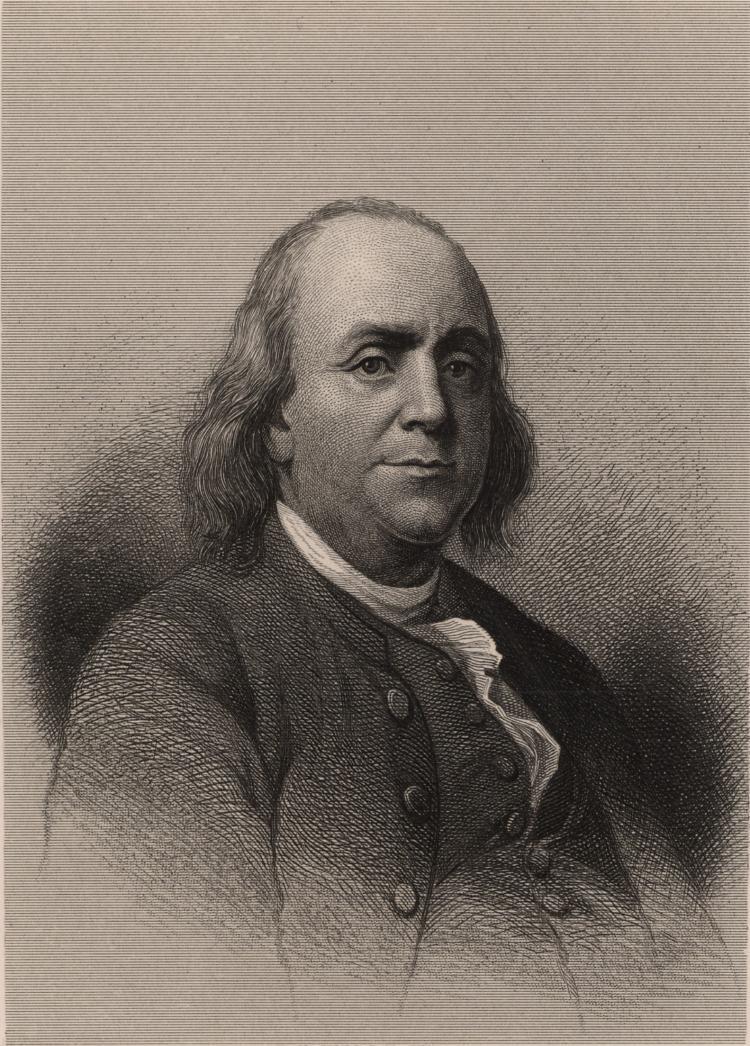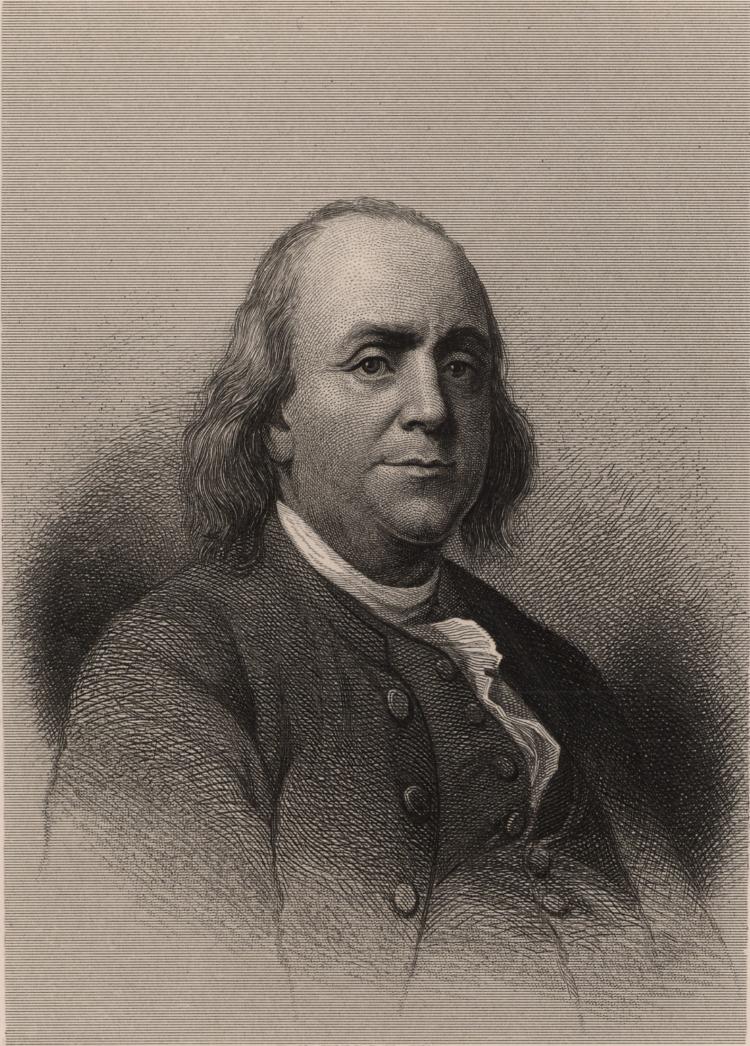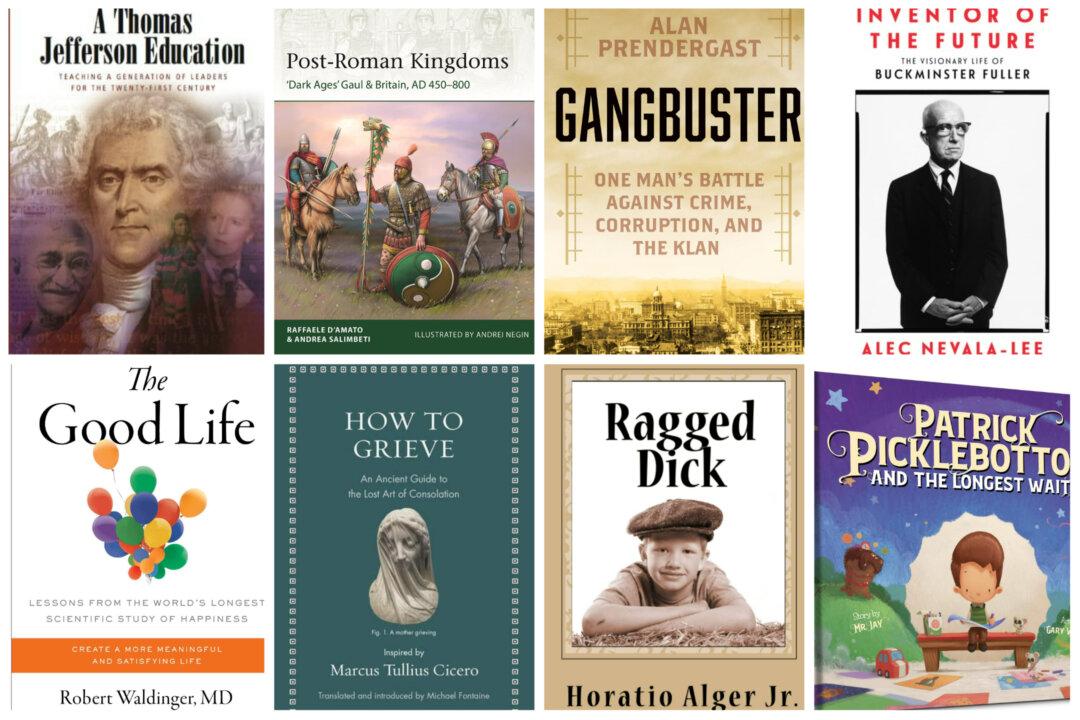Opinion
A Man of Character: Benjamin Franklin
Ben Franklin was a Renaissance Man: Politician, writer, inventor, diplomat, scientist, publisher, and philosopher.

In 1996, the U.S. $100 currency series incorporated new features designed to improve the security of the currency. The new design retained the beloved image of Benjamin Franklin. Newsmakers
|Updated:
Sharon writes theater reviews, opinion pieces on our culture, and the classics series.
Classics: Looking Forward Looking Backward: Practitioners involved with the classical arts respond to why they think the texts, forms, and methods of the classics are worth keeping and why they continue to look to the past for that which inspires and speaks to us.
To see the full series, see ept.ms/LookingAtClassics.
Author’s Selected Articles





